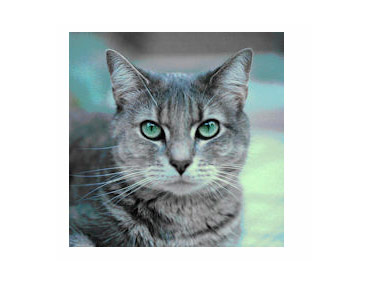crypto treatment in cats
In most cases Cryptosporidium felis infection in cats is asymptomaticThe majority of symptomatic cases of cryptosporidiosis manifest as watery diarrhoea and have been reported in cats with immune suppression or coinfection with other agents for example feline leukaemia virus feline immunodeficiency virus or Tritrichomonas foetus 1. Parvum - a species in ruminants and other hosts that also will readily infect peopleThis species does not appear to.

Everything You Need To Know About Coccidia In Cats Petcarerx
Crypto in cats is rare but sometimes cats can carry the parasite without showing any signs of illness.

. Do not use as single treatment. Amphotericin B lipid complex 12 mgkg for cats or 23 mgkg for dogs can also be given 3 timeswk for 1215 treatments. Transmission is by inhalation of spores or contamination of wounds.
In most cases there is only subclinical colonization without invasion of the epithelium Duncan et al 2005. Cryptosporidium is a very common intestinal infection of cats and kittens although most dont need treatment. The take-away message about cryptococcosis in cats.
Germanys federal finance ministry has issued guidance on the income tax treatment of crypto the first nationwide instructions on the topic. Tylosin and nitazoxanide are GI irritants. Cryptococcus is an airborne pathogen and the nasal cavity is usually the primary site of infection in cats and dogs.
Cryptosporidium is a protozoan organism that lives in your cats. Cryptosporidiosis usually occurs in kittens younger than 6 months of age. Cryptosporidium is a protozoan organism that lives in your cats digestive tract.
Histologically infection causes a blunting of the intestinal villus and crypt hyperplasia that. Azithromycin is an antibiotic used to treat certain susceptible infections in cats. In some cases a cat may exhibit neurological signs such as a head tilt or incoordination.
Hominis - only in humans C. Paromomycin has been used to treat cats with some success Barr et al 1994. Cats with the CNS form of the disease can be affected by sudden blindness seizures behavioral changes and head or spinal pain.
Affected cats ranged from 2 to 15 years-of-age. Felis - cats rarely humans. Treatment typically includes antibiotics.
You may also see sneezing and discharge from your pets nose and eyes. Associated diarrhea sometimes resolves after administration of tylosin 1015 mgkg PO q12hr azithromycin 10 mgkg PO daily or nitazoxanide 1025 mgkg PO q1224 hr. When symptoms do arise abnormal stools occur.
However this disease can be life-threatening for cats with severely compromised immune. Infected cats often have vague and nondescript symptoms such as weight loss and lethargy. Cryptosporidium is characterized by diarrhea and gastroenteritis.
Canis - dogs rarely humans C. The causal fungi cryptococcus neoformans and c gattii exist in the environment and in tissues. Central nervous system CNS cryptococcosis usually occurs when the nasal form spreads back behind the nasal cavity into a cats brain.
While it has some broad spectrum of use it is most commonly used for upper respiratory infections in cats especially chronic rhinosinusitis inflammationinfection of the nasal passages and sinuses that requires treatment for several weeks. Cats with cutaneous cryptococcosis show single or multiple non-painful non. Twenty-nine cats with naturally occurring cryptococcosis were evaluated prior to commencing oral fluconazole therapy 25-100 mg every 12 h.
If the cat is responding to the first 7 days of therapy and toxicity has not been noted. Read on to learn more about the symptoms and treatment of this feline infection. It can occur by itself or as a secondary infection in cats who have lowered immune function.
The disease caused by Cryptosporidium infection is a water-losing diarrhea caused by the development of the parasites within the epithelial cells of the mucosa. Cryptococcosis is a common infectious disease caused by the yeast-like fungus Cryptococcus neoformans. Cats infected with Crypto shed the parasite in their stools without showing any symptoms.
In cats Cryptosporidium spp. In cats Cryptosporidium spp. Treatment of cats that are undergoing infection is a difficult as treatment is in humans.
Cryptosporidiosis is a highly prevalent gastrointestinal parasitic disease caused by protozoan species of the genus Cryptosporidium that infect a wide range of animals including people throughout the world. The cat that presents with cryptosporidiosis will be having recurring bouts of diarrhea. Cats that ingest the contaminated feces can become infected.
In avian droppings it may occur in a noncapsulated form as small as 1 μm which can be inhaled into the deeper portions of the lungs. Crypto Treatment In Cats - Clinical signs are typically referable to the nasal passages but the brain and eyes can also be affected. 150 mgkg SID for 5 days dogs and cats.
The take-away message about cryptococcosis in cats. 66 and Siamese cats 5. Host Associations and Transmission Between Hosts.
Cryptosporidia little protozoan parasites affect. Amphotericin B can be given SC 0508 mgkg diluted in 045 saline containing 25 dextrose. Affected cats ranged from 2 to 15 years-of-age.
When invasion of mucosal tissues occurs progression to disease occurs locally andor systemically. Many will have sores resembling fight wounds on their noses or skin. Cryptosporidium exists as several distinct species with different degrees of infectivity for animals and humans.
In cats Cryptosporidium spp. 21 appeared to be over-represented in comparison to the hospitals cat population. Cryptococcosis is most common in cats but also is seen in dogs cattle horses sheep goats birds and wild animals.
Cryptosporidiosis is of considerable importance in neonatal ruminants in which it is characterized by mild to severe diarrhea lethargy and poor growth rates. Treatment of cats that are undergoing infection is a difficult as treatment is in humans. Cats with healthy immune systems usually recover quickly and never show signs of infection or have only mild diarrhea.
150 mgkg sid for 5 days dogs and cats tylosin.
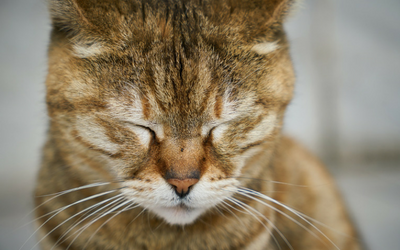
Meningitis In Cats Vca Animal Hospital

Companion Animal Parasite Council Cryptosporidium
Praziquantel And Pyrantel Pamoate For Cats Nexgen Pharmaceuticals
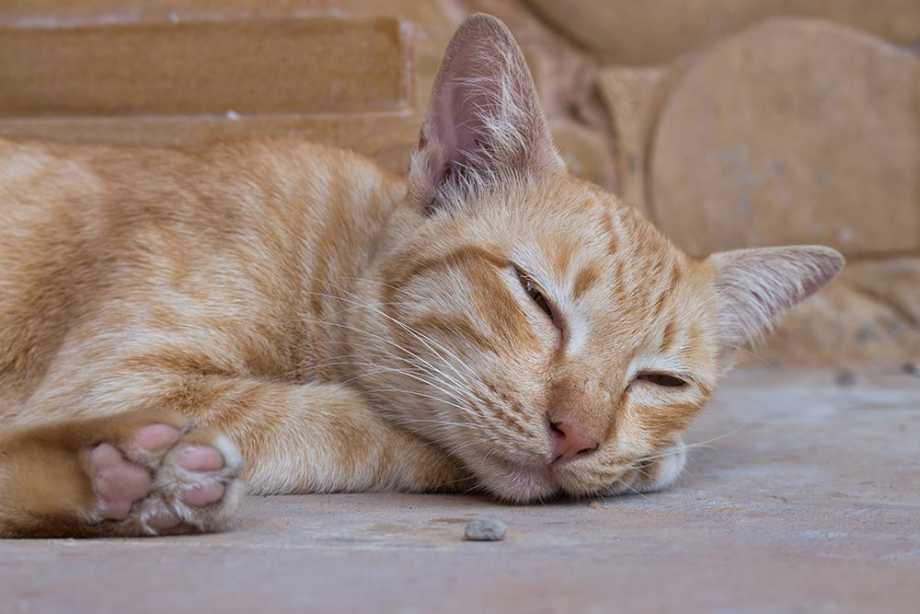
Coccidia In Cats Small Door Veterinary

Cyanosis In Cats Vca Animal Hospital
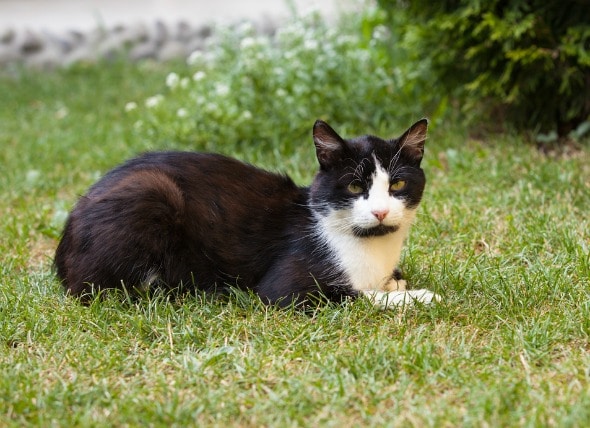
Intestinal Parasite Cryptosporidium In Cats Petmd
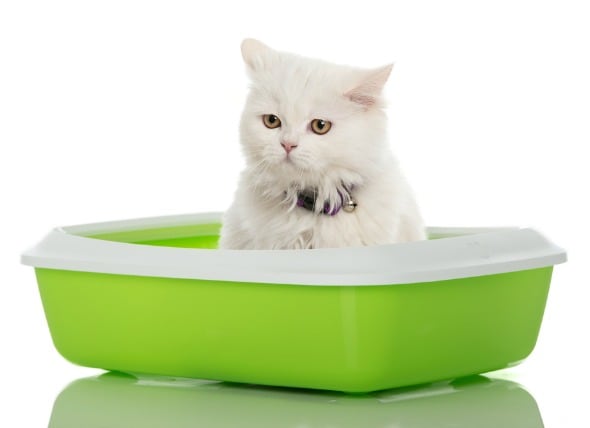
Intestinal Parasite Cryptosporidium In Cats Petmd

Intestinal Parasites Infographic Infographic Design Veterinary Vet Parasites Pets Dogs Cats Vet Medicine Vet Tech School Dogs

How To Check A Cat For Fever Cats Cat Remedies Feline

Cambridge Ielts 15 Writing Test 2 Task 1 Help Please Writing Test Ielts Cambridge Ielts

Cryptosporidiosis In Cats Symptoms Causes Diagnosis Treatment Recovery Management Cost Cat Symptoms Cats Cats And Kittens
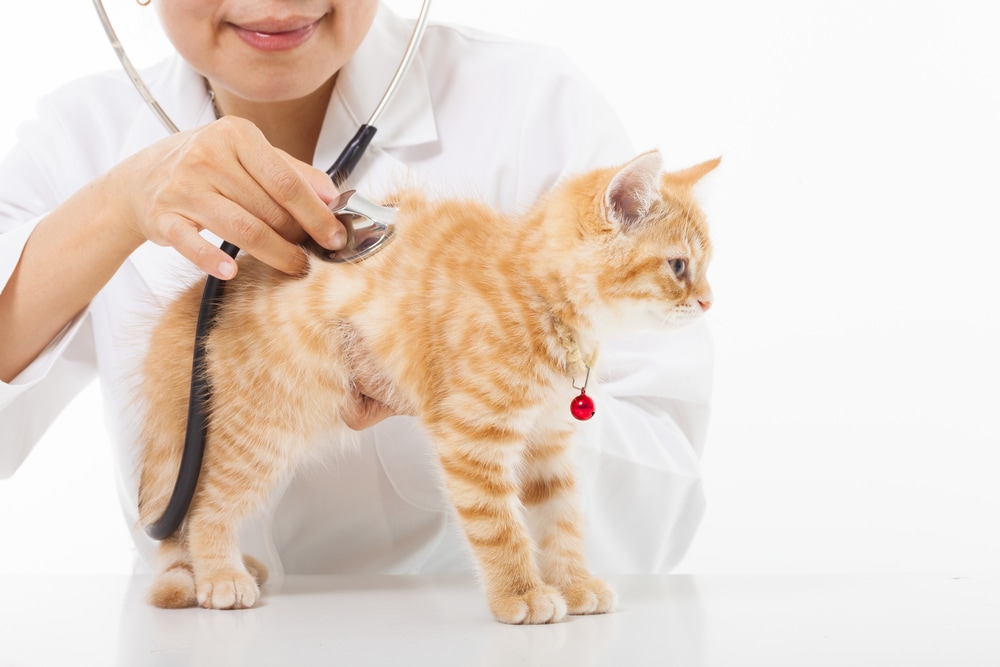
Intestinal Parasite Cryptosporidium In Cats Petmd
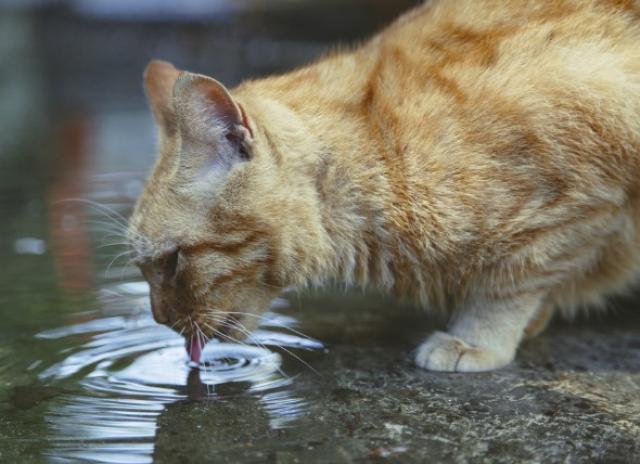
Intestinal Parasite Cryptosporidium In Cats Petmd

Tritrichomonas Foetus Infection In Cats International Cat Care
/ginger-cat-relaxing-1142424184-4e02175d72634795b60258da0a521b5f.jpg)
